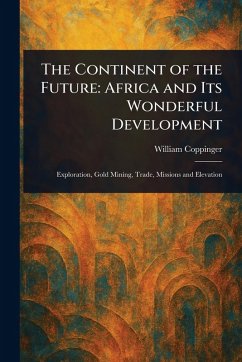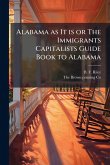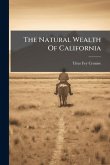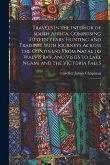Explore the optimistic visions of a bygone era in William Coppinger's "The Continent of the Future: Africa and Its Wonderful Development: Exploration, Gold Mining, Trade, Missions and Elevation." This historical work offers a fascinating glimpse into 19th-century perspectives on Africa's potential, focusing on its colonization and economic possibilities. Coppinger examines the continent through the lens of exploration, resource extraction, and the expansion of trade. The book delves into the role of missions and other efforts aimed at the "elevation" of the African people. Providing valuable insight into the historical context of colonialism and its perceived benefits, this book sheds light on the complex relationship between Africa and the wider world. A significant historical document meticulously prepared for print republication, "The Continent of the Future" remains a relevant resource for understanding the historical, political, and economic forces that shaped Africa and its relationship with colonial powers. It's essential reading for anyone interested in African history, colonialism, and economic development. This work has been selected by scholars as being culturally important, and is part of the knowledge base of civilization as we know it. This work is in the public domain in the United States of America, and possibly other nations. Within the United States, you may freely copy and distribute this work, as no entity (individual or corporate) has a copyright on the body of the work. Scholars believe, and we concur, that this work is important enough to be preserved, reproduced, and made generally available to the public. We appreciate your support of the preservation process, and thank you for being an important part of keeping this knowledge alive and relevant.
Bitte wählen Sie Ihr Anliegen aus.
Rechnungen
Retourenschein anfordern
Bestellstatus
Storno








